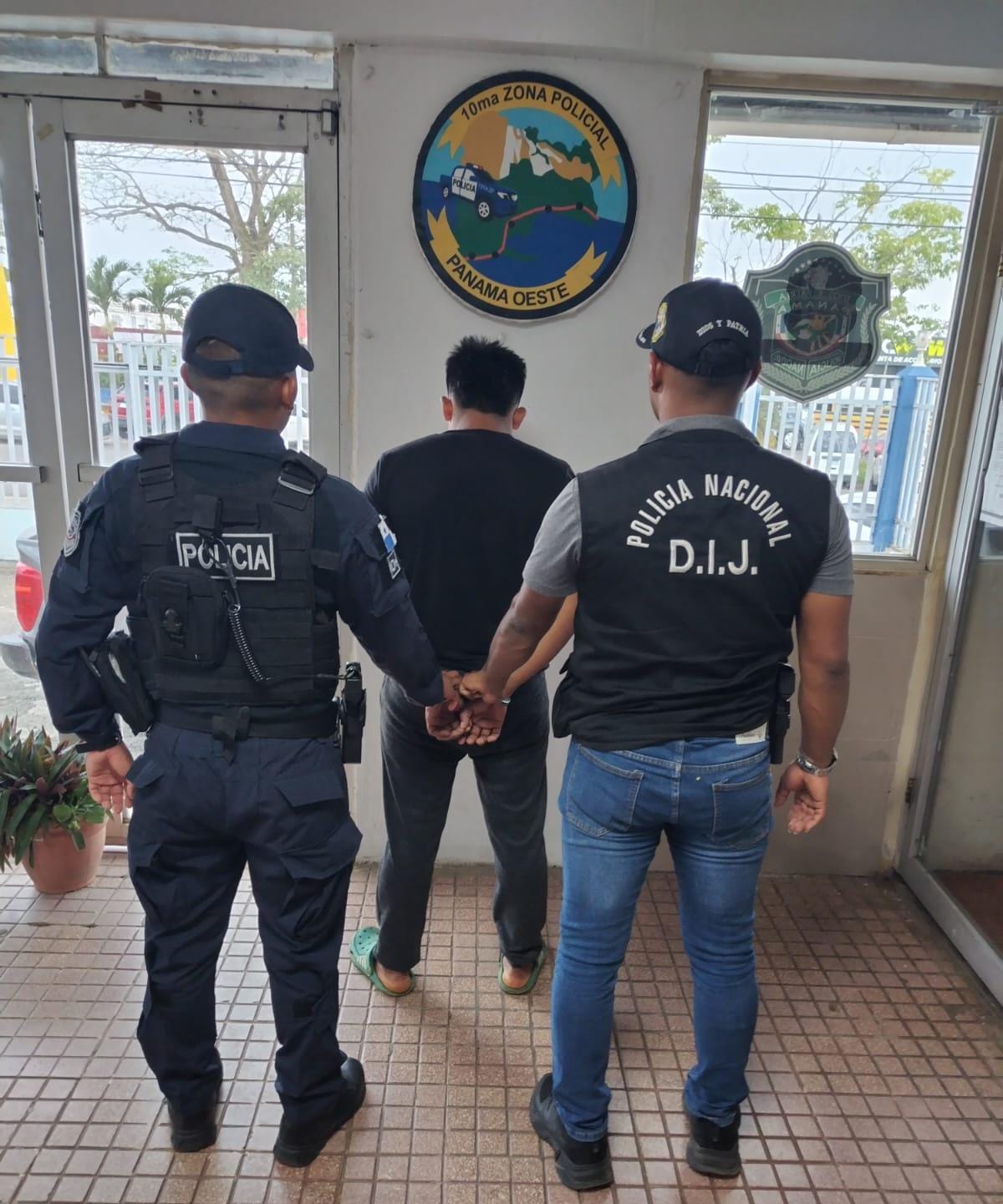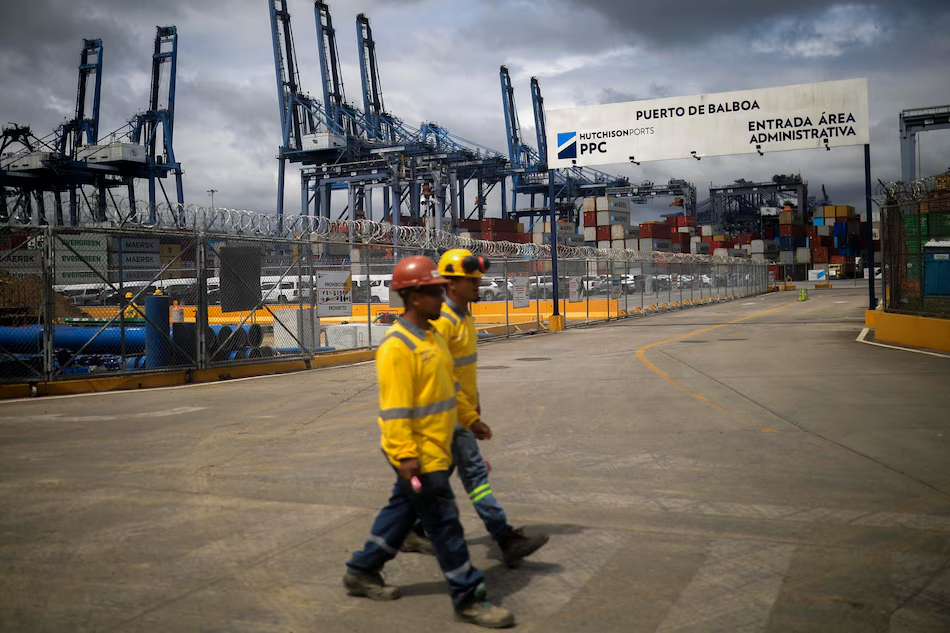Panama democratic instability on the rise

DEMOCRATIC instability in Panama has jumped to 20.6 points from 11.6 in 2010 according to the Barometer of the Americas
Orlando Pérez , Professor of Political Science at Central Michigan University , USA and author of the study "The Political Culture of Democracy in Panama : Evidence from the Americas Barometer " , the challenges or problems affecting Panamanian democracy are the lack of institutional transparency , corruption in the management of public institutions and the high concentration of power in the executive .
The report also highlights that the problem is further exacerbated when analyzing the performance and the discourse of the current president , the weakness of the legislature , the lack of independence in the judiciary , the gap between rich and poor , which does not reduce despite economic growth
While the risk level of democracy in Panama scored 28 points representing 9.9 points higher than in 2010.All measurements were performed with a scale of 0-100 .
Former political adviser , Guillermo Endara , is concerned about the turn taken by democracy. The concept of democracy has not been understood by some rulers , after the military dictatorship he said,
"Democracy is nothing more than the recognition that all individuals are equal before the law and in society, in the regime we have , we are not all equal , I think that is not understood and has been blurred ," he said .
The analyst adds the qualifier "rickety" to describe the current state of democracy. "Democracy involves citizen participation in all decisions that concern them and that we're not seeing this in recent years ," says the analyst.
" Democracy is not a game”.
Carlos Lee , president of Citizens Alliance for Justice , argues that democracy has had a reressed in the last five years due to a government that from the day of its inauguration operated without the participation of citizens .
"They had enough support to not want to co-govern with civil society with voters , this is significant because modern democracies have understood that the only valid processes of governance are co-governance through political force of civil society .
Lee takes the example of the little space given to civil society for the selection of judges , the debates on the table for discussion and negotiation , and has ruled by imposing things and later having to backtrack under pressure from the public.





